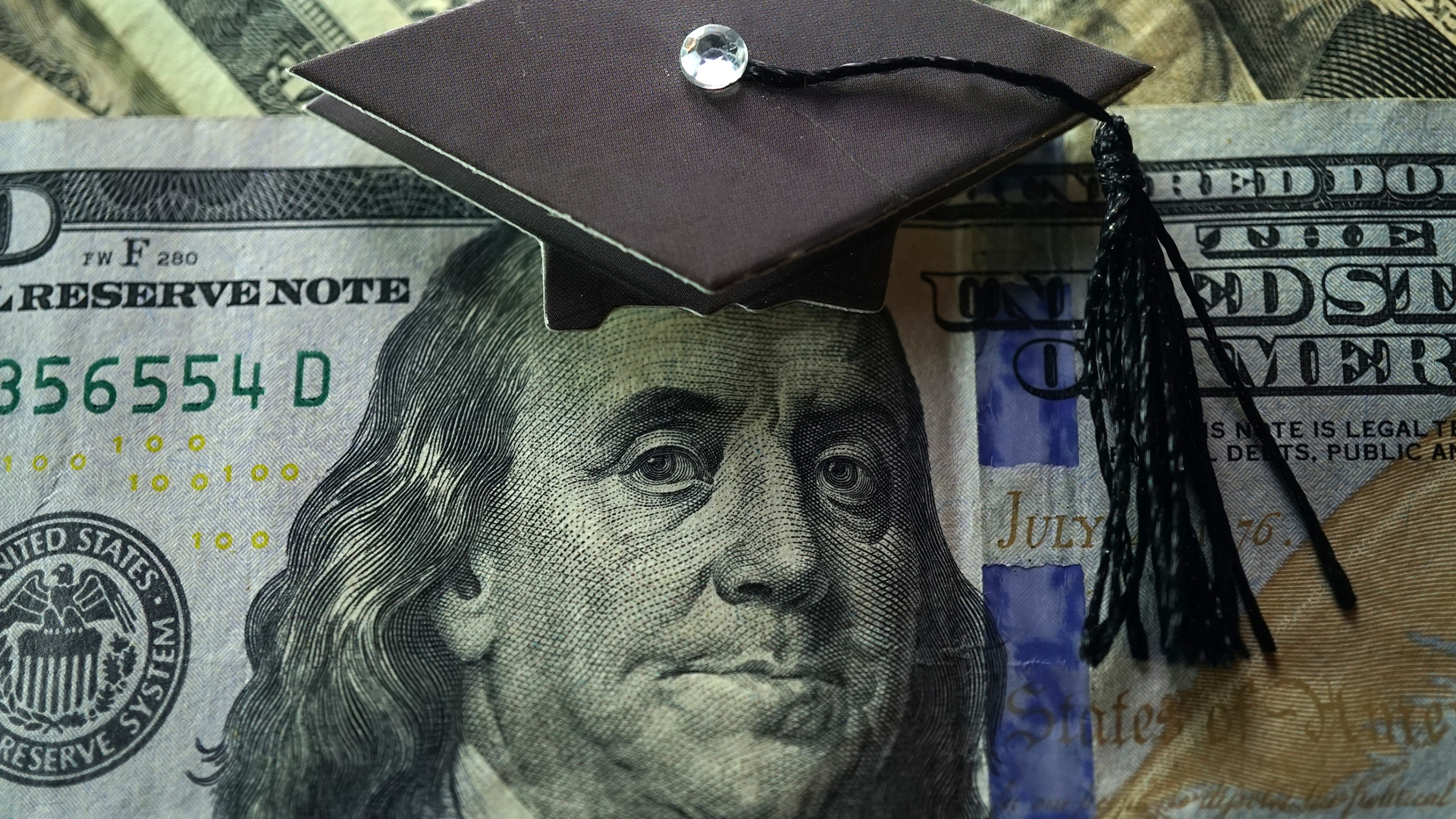Student loan borrowers were hopeful that the new administration would wipe out their student loan debt, instead they’re getting notices from their loan servicers and the U.S. Department of Education reminding them that their monthly payments will soon resume.
In other words, a federal student loan borrower shouldn’t bank on forgiveness – it’s clear that Congress and the Federal Government has put those discussions on the back burner. Student loan repayment is scheduled to resume on January 31, 2022. Getting behind on student loan payments – or worse, defaulting – can lead to serious financial consequences. Here’s how to make your monthly payments affordable.
Standard Repayment Plans & Income-Driven Repayment Plans
Most borrowers are familiar with Standard Repayment Plan (“SRP”) options offered by their student loan servicer, and they include the ten-year standard repayment; graduated ten-year repayment; extended twenty-five-year repayment; and extended graduated twenty-five-year repayment. Some borrowers may also be familiar with certain income driven repayment plans (“IDRP”). A common misunderstanding is that one must be in dire need in order to qualify for an IDRP – this is simply not the case since the calculations for these payment plans vary wildly.
There are five different IDRP, and they each have specific guidelines that the borrower must meet in order to qualify. The most strict and expensive IDRP is the Income Contingent Repayment plan. This plan requires that the borrower pay 20% of his/her discretionary income. Other IDRP include Pay As You Earn (PAYE) and Revised Pay As You Earn (REPAYE), both requiring the borrower to pay 10% of his/her discretionary income. Both place limitations on the borrower: to qualify for PAYE, borrower can’t have a loan balance prior to October 1, 2007; to qualify for REPAYE, borrower can’t have Federal Family Education Loans (“FFEL Program”) – only Direct Loans (“Direct”). More often than not, student loan servicers fail to inform borrowers that they are eligible for IDRP, as required by law. Instead, borrowers are frequently placed in suspended payment options that rack up thousands of dollars in interest.

Public Student Loan Forgiveness Programs Vs. Monthly Payments
IDRP can drastically lower borrowers’ monthly payment and the total amount due under their loan. It’s important to note that the borrower, as long as they are making timely IDRP payments, is also working towards eventual loan forgiveness. Most borrowers have heard about the Public Student Loan Forgiveness Program (“PSLFP”) promising that the borrower’s loans will be forgiven if they work for a government agency or a non-profit for ten years.
While the intricacies of PSLF will be covered in another blog, it’s important to note that PSLF is the not the only way to get forgiveness. The second way is if the borrower makes timely monthly payments on a qualifying IDRP for 20-25 years, depending on the plan. As such, a borrower under an IDRP could get his/her loan forgiven even before the Extended and Extended Graduated twenty-five-year SRP.
Finding the Best Option for Private and Federal Student Loan Repayment
The attorneys at Gordon, Delic and Associates can help lower your monthly payment and save you thousands of dollars. Our attorneys understand the ins and outs of both federal student loan debt and private student loans, as well as the way to maneuver through the federal agencies and systems, getting borrowers out of default, and onto affordable repayment plans. The primary goal of representation is to keep your monthly payments as low as possible for the entire 20-25 year period, until your student loans are eventually forgiven.
There are many ways to ensure that your reported income meets this goal. At times, when applying for an IDRP, it may not be the best idea to surrender your previous year tax returns to servicers. The issue with providing your previous year tax return is that while the tax return may reflect your correct income, for a lot of borrowers their income fluctuates wildly based upon time of year, hours worked, bonus structures, etc. Since your income can fluctuate, there may be months where your simply can’t afford your monthly payment.
Another issue is that your loan servicer may fail to inform you that you can qualify for a better payment plan, such as PAYE or REPAYE, if you simply consolidate your loans. This means borrowers could be in an IDRP with a much higher monthly payment.
The final issue is that the IDRP must be recertified each year. This means that the problems listed above will reoccur every year. If a borrower fails to recertify, borrower will be put back on the standard ten-year repayment plan, dramatically increasing borrower’s monthly payment, and delaying the eventual forgiveness date for the borrower.
In recertifying, borrowers may also inadvertently increase their IDRP payment. To avoid these issues, it’s best to talk to one of our experienced attorneys to discuss your options – we will make sure that your income is reflected accurately so that each and every monthly payment is affordable; we will be your advocate and represent your best interest when negotiating with your student loan servicer; and even file an appeal, if warranted.

Let Gordon Delic & Associates Help With Your Income-Driven Plans
Attorneys at Gordon, Delic and Associates will help you get on the best IDRP. We will also help you recertify each year, until your loans are eventually forgiven. We will also help you navigate the difficult tax field since forgiven student loans are considered income under the US Tax Code. However, there are a few ways the borrower can get around this forgiveness of debt income, which can ensure that the borrower is not paying taxes on this newly forgiven loan.
Most student loan borrowers don’t understand that they have a variety of options when the times comes to start repaying their loans. With all the talk out of Washington about possible mass student loan debt forgiveness, it’s easy for borrowers to lose sight of the forgiveness options that already exist. Plus, there are no guarantees that those talks will ever pan out given the difficulty with passing legislation. It’s important to keep IDRP and their usefulness in perspective. Don’t let student loan debt consume your life. Schedule your consultation today or call us at (208) 900-9509.



